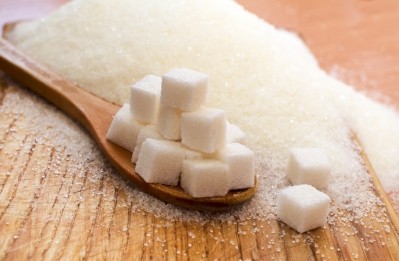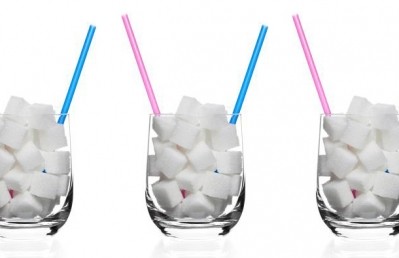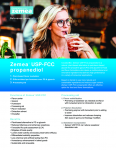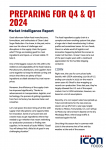Sugar can be “powerful tool” to improve children’s diet, AAP
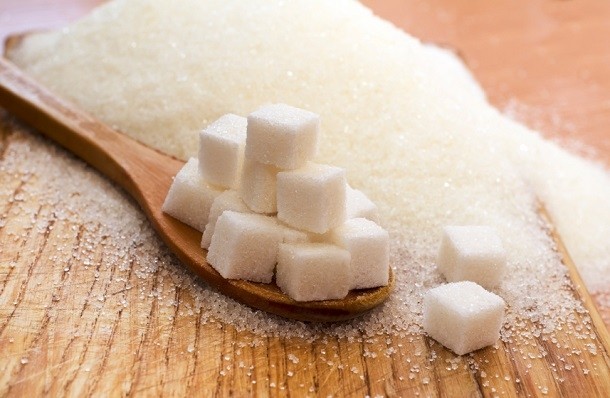
“Used along with nutrient-rich foods and beverages, sugar can be a powerful tool to increase the quality of a child’s diet,” the AAP argues in a new policy statement published Feb. 23.
It explains using a minimal amount of sugar, fat or salt can encourage children to consume more nutrient-rich foods by making them more palatable. Likewise, eliminating sugar and fat completely could increase the amount of food wasted because children refuse to eat it, the AAP notes.
The academy points to the flavored milk served in many schools as an example “of the balance reached to limit added sugars and yet promote nutrient-rich foods.”
It explains that flavored milk accounts for 70% of all milk consumed at school, but 89.5% of it is non- or low-fat milk compared to nearly three-quarters of milk consumed in the home, which is unflavored but 2% or whole milk. Thus the sweetened milk often has fewer calories and less fat than the unsweetened milk and still provides important nutrients, AAP said.
Citing the American Heart Association, the academy adds that the “form in which added sugars are consumed appear to be an important modifier of the impact of [nutrient] dilution,” meaning that sugary soft drinks and candy are more likely to have a negative impact than dairy and presweetened cereal because they do not offer the same nutritional trade-off as the later options.
“Sugars consumed in nutrient-poor foods and beverages are the primary problem to be addressed, not simply the sugars themselves,” AAP notes.
Moderation is key
With this in mind, caregivers and children should not go overboard on sugar, even if it makes the medicine, or in this case healthy food, go down, AAP notes.
“Used in excess, added sugars can add substantially to daily calories. Used at extreme levels (ie, more than 25% to 30% of total calories), sugars can displace other nutrients, resulting in nutrient deficiencies,” AAP says.
It suggests artificial sweeteners could replace added sugar to reduce caloric intake without discouraging children from eating nutrient dense foods. But, it acknowledged, the long-term benefits and consequences of consumption in children is under researched.
AAP also suggests schools and caregivers reduce the amount of empty calories from sweets by refraining from giving them as rewards, celebrating with them and selling them at school fundraisers. Instead, they could offer activities or other non-food alternatives, AAP said.
To further improve the nutritional quality of food brought to school from home, which is usually less nutritious than that provided by schools, the AAP recommends:
- Selecting a variety of vegetables, fruit, grains, low-fat dairy and protein,
- Avoiding highly processed foods and
- Offering appropriate portions.
Click HERE for more details.

